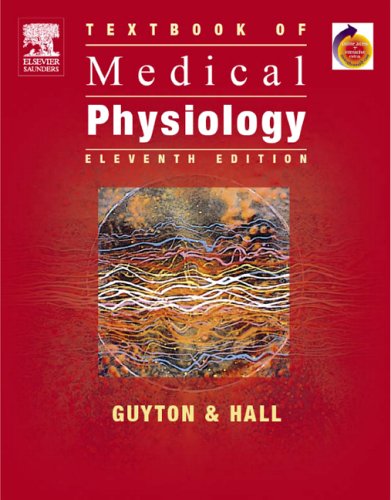Abstract
Background: Early recognition and diagnosis of neonatal sepsis is difficult because of the variable and non-specific clinical presentation of this condition. It is extremely important to make an early diagnosis of neonatal sepsis for the prompt institution of anti-microbial therapy, which improves outcomes. Aims: The aim of this study was to determine the role of Procalcitonin (PCT) and C-reactive protein (CRP) in early diagnosis and follow up of neonatal sepsis in intensive neonatal care unit in comparison to that of blood culture and haematological parameters; total leukocytic count, absolute neutrophil count and platelet count. Material and Methods: This study was conducted on neonates admitted to neonatal intensive care unit (NICU) at El Helal Hospital, Sohag city, Egypt, over a 6 months period (from November 2011 to April 2012). Specimens of blood (n = 61) were obtained from each neonate prior to commencement of antibiotics for sepsis work up including CRP 1, PCT 1 and haematological parameters; total leukocytic count, absolute neutrophil count, platelet count. Blood culture and Antibiotic sensitivity tests were carried out. Other blood samples were collected 5 days after antibiotic treatment for measurement of PCT 2 and CRP 2. Serum CRP levels were measured using semiquantitative latex agglutination test. Serum PCT levels were measured quantitatively by ELISA technique using RayBio® Human Procalcitonin ELISA kit. Results: In total, 51 (83.61%) neonates were confirmed to have sepsis based on positive blood culture results. Serum levels of PCT 1 were significantly higher in neonates with EONS than those with LONS (P < 0.05). The difference between PCT 1 & PCT 2 and CRP 1 & CRP 2 was statistically significant (P < 0.001). However, there was no significant statistical difference between the area under the curve (AUC) values of PCT 1 & CRP 1 and PCT 2 & CRP 2 in all studied cases, EONS or LONS cases (P = 0.720, P = 0.930, P = 0.087, P = 0.737, P = 0.760, P = 0.158,respectively). Conclusions: The findings of the present study confirm that the serum levels of PCT is more reliable


